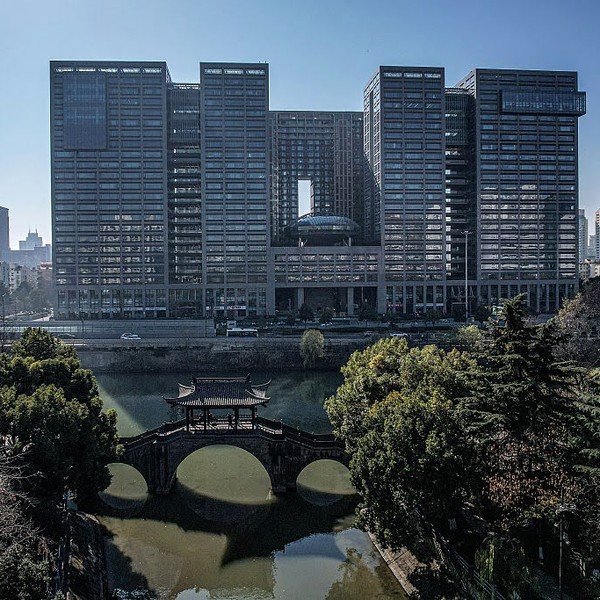Bottom Line Up Front
- China just recently legalized ‘vocational training centers' in Xinjiang province in the western part of the country, intended to engineer ‘thought transformation’ among ethnic Uighurs, who are primarily Muslim.
- The Chinese government and security services are utilizing a range of emerging technologies to help track, monitor, and surveil its increasingly embattled Muslim minority.
- In the past, Beijing has both inflated and downplayed the number of Uighur foreign fighters who traveled to Syria, depending on the audience it was attempting to persuade and the message it wanted to send.
- The government feels that a draconian counter-terrorism strategy has been successful in limiting attacks on Chinese soil, although many recently implemented policies may prove to be counterproductive in the long-term.
Over the past year, China has increased its harsh treatment of Uighurs, just recently moving to legalize ‘vocational training centers’ in Xinjiang province that are allegedly intended to engineer ‘thought transformation’ among its Muslim minority, members of which are thought to be inspired by separatist or religious ideologies. The scant reporting coming out of these camps suggest that both physical and psychological torture has been part of the internment process. Uighurs have been detained and essentially disappeared into these camps, with families never notified about missing loved ones and simply left to wonder about their well-being or status. It is estimated that an astonishing 1 million Uighurs have been disappeared without trial.
In many ways, the Syrian civil war constituted something of an opening for Chinese authorities to deal with what it considered to be a domestic terrorism problem. China has been battling a simmering separatist insurgency in Xinjiang for decades and has grown increasingly concerned that foreign Islamic groups are infiltrating the region, fueling what has heretofore been a low-intensity independence movement. The Chinese are mainly concerned with militant groups like the East Turkestan Islamic Movement (ETIM)/Turkestan Islamic Party (TIP); since the Syrian civil war kicked off in earnest in 2011, Uighur foreign fighters have traveled to the conflict zone to join a range of jihadist groups, including the so-called Islamic State and the al-Qaeda linked Nusra Front. What most recent analysis on the subject glosses over, however, is that China has attempted to portray broad segments of the Uighur population as a potential terrorist threat while offering no evidence of tangible connections to militancy.
Over the course of 2018, the Chinese government’s repression of Uighurs has ramped up dramatically, with no attempt on the part of the government to recognize or deal with either real or perceived grievances among this ethnic minority. Chinese officials have required all drivers to install satellite navigation systems in their vehicles, allowing the authorities to more easily track and monitor Uighurs more efficiently. Authorities have begun to use artificial intelligence and facial recognition to aid their repressive policies, demonstrating how tools used in the West to combat transnational terrorism can be used by authoritarian regimes to crack down on dissent among their domestic population. The Chinese Communist Party (CCP) has even gone as far as banning certain religious names for Uighur babies, restricting the length of men’s beards, limiting the ability of Uighurs to observe the sacred religious holiday of Ramadan. There have also been accounts of widespread discrimination against Muslim Uighurs in favor of Han Chinese in areas including housing, employment and education.
At various points, Beijing has exaggerated the threat posed by Uighur foreign fighters while downplaying it as well, in order to suit a particular audience. When the government is concerned with inviting investment opportunities for its ‘Belt and Road Initiative,’ it looks to reinforce confidence in political stability by suggesting the numbers of suspected terrorists are low. When the CCP wants to enforce harsh laws or introduce new methods of surveillance and detention, the number offered has been far higher, in an attempt to justify these moves as a reasonable response to the threat. Obtaining accurate numbers is difficult because journalists’ access to the population in Xinjiang is severely restricted. While the government feels that a draconian counter-terrorism strategy has been successful in limiting attacks on Chinese soil, many recently implemented policies may prove to be counterproductive in the long-term.










